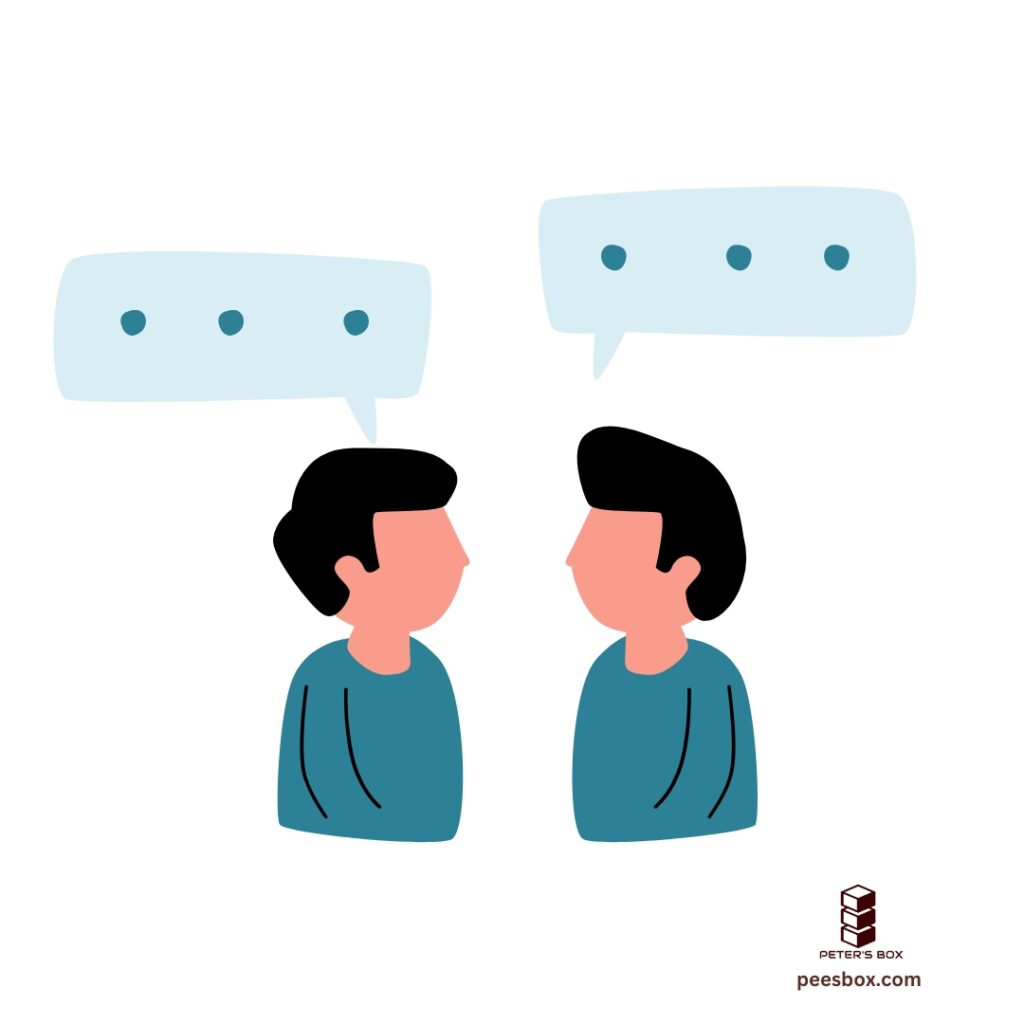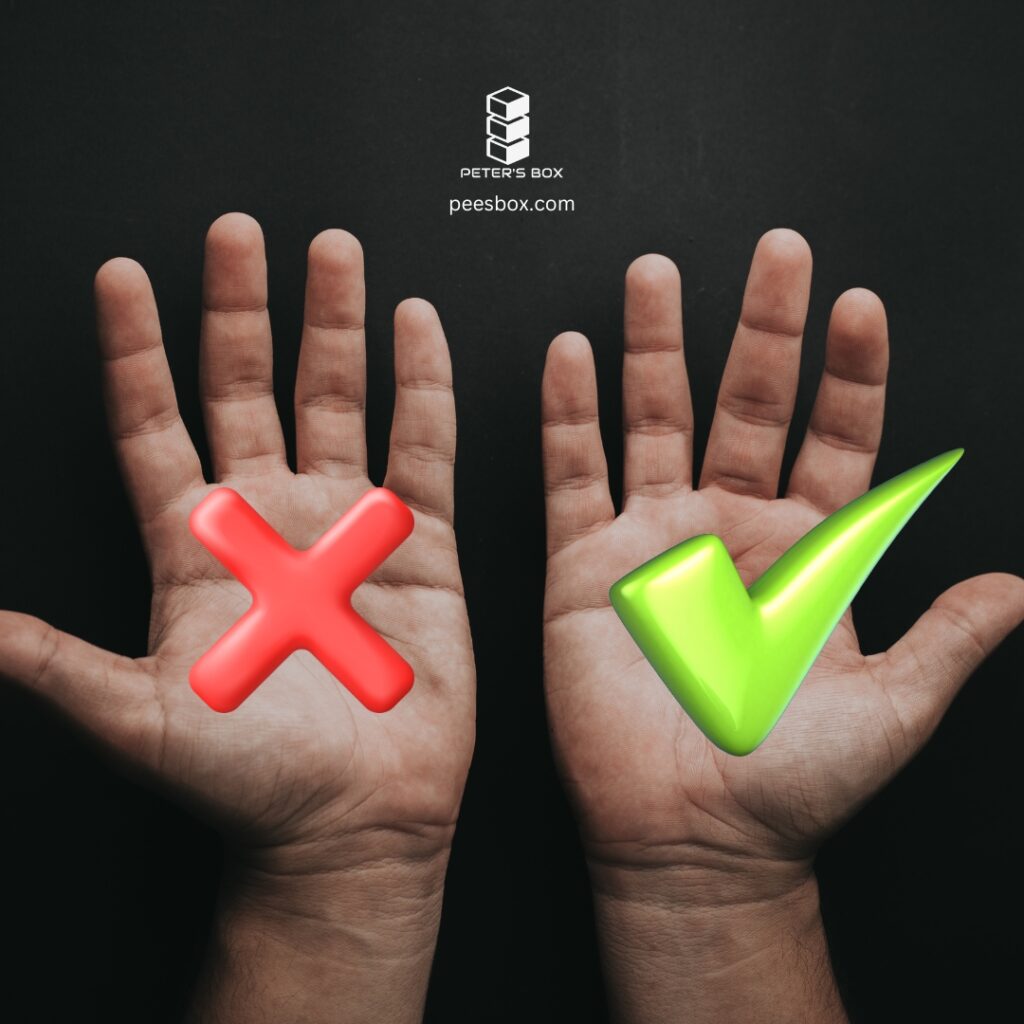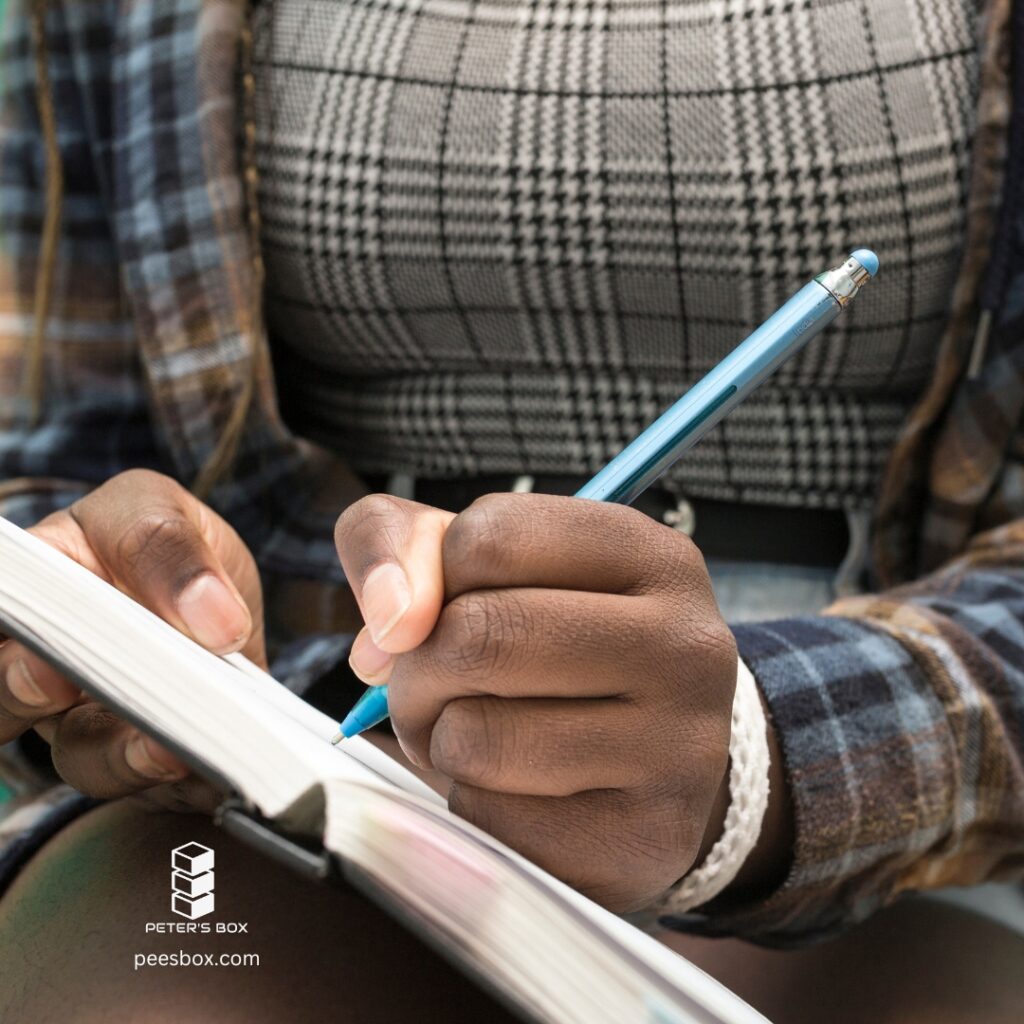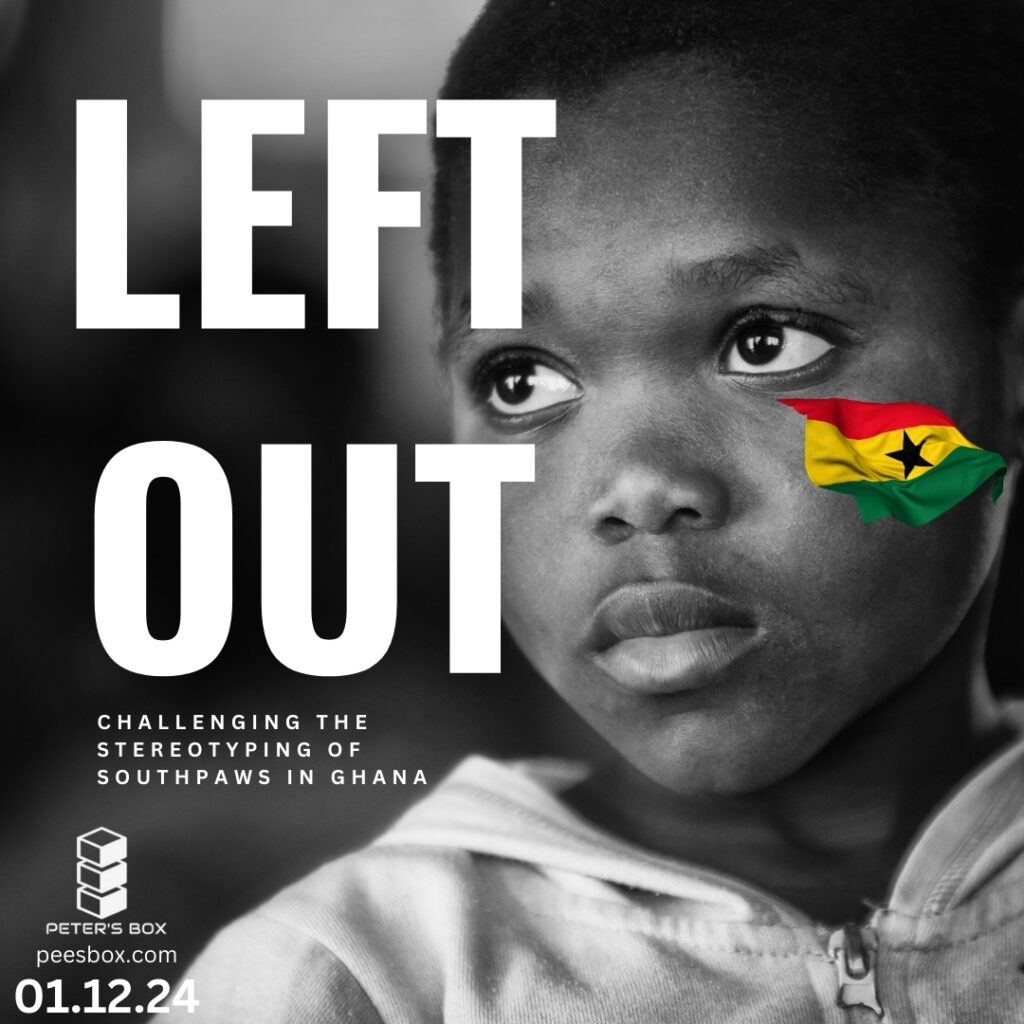Last updated on January 23rd, 2025 at 08:40 am
I sighed deeply in relief when I walked inside the house after work on Friday night. This Friday night was special, unlike the others. My leave began today, and I’ll be gone from work for a month. I gleefully unlocked the door, yet a sense of discomfort lingered in the pit of my stomach.
A few minutes ago
I replayed the scene that had just transpired on the street a few seconds ago in my head. Why didn’t she greet me back? Every time I reconstructed the scene, I asked the same question. Why didn’t she greet me back? I made up an excuse. She did not see me. But I’m sure we made eye contact. So why didn’t she return my greeting?

Was she begrudging me? On what, exactly? We’ve always welcomed each other without incident. Hmm. Anyway, I greeted her today, and she did not return the greeting.
As I entered my room, I tossed my bag onto the bed, along with my earlier dilemma. Let the weekend and my leave begin! Next week, I will be in Singapore for the International Humanists Conference.
The dilemma is cleared
‘Good evening. Is there anyone home?’ I heard Dad’s voice behind my door. He would do this every time he returned home from town.
‘Good evening, Daa,’ I answered perfunctorily.
‘Afi says you…’ He sounded muffled.
I inched closer to the door to better hear him. ‘What?’
‘You know Afi, right? “The house after our next-door neighbour?”
When I heard the name Afi, the unsettling feeling in the pit of my stomach rumbled.
‘Yes, I know Afi.’

Dad smiled wryly, perhaps to make it seem anodyne. ‘She wasn’t happy that you greeted her with your left hand. When I met her on my way home, she registered her displeasure. When I heard that, I held unto my indrawn breath a little longer. I felt my chest expand. The unsettling feeling erupted into sulkiness, though I was relieved that I finally had some closure to my earlier dilemma.
With laboured breathing and disapproving eyebrows, I let out a litany of arguments. ‘Ah! Didn’t she see that my hands were full?’
I had my laptop backpack slung over my right shoulder. That same right hand held my camera bag, which was heavier than the tripod pouch I was holding with my left hand. It felt natural to wave to her with my left hand. So did I.
I greeted with a smile
I was correct. She saw me! At least she saw me make an attempt to greet her. And she didn’t return it? I was enraged that she didn’t upbraid me right away while I was still in her view. Perhaps she didn’t want to be late to her destination. She had just driven out of her compound in her car.
I continued ranting. Why didn’t she inform me right away so I could learn from my mistake? You know what? I am equally offended! I greeted you with a smile. Would you rather I welcome you with my left hand or not greet at all? You ignored me, drove by me, and reported to my father. Was she expecting a vicarious apology from my father?

Don't greet with your left hand in Ghana
Ah, I get it. Dad will somehow magically explain why using my left hand was inappropriate and unacceptable. But dad explained nothing. He simply regurgitated Afi’s complaint. He assumed I knew what was wrong. And he was correct. There was no need for an explanation. It was as tacit as any taboo instilled in a Ghanaian at birth. One of the most common Ghanaian customs is not to greet with the left hand. The usage of the left hand, which is seen as utterly rude, is more important than the greeting itself.

Don’t ever greet with your left hand! It is disrespectful to greet with your left hand. You should neither give nor receive anything with your left hand. If push comes to shove and you are unable to use your right hand, you may use your left hand only after first apologising with the words ‘sorry for my left’.
Perhaps I should’ve apologised before waving. ‘Sorry for my left; good evening, Afi.’ That way, she would not have taken offence. Dear reader, would you consider it rude if I greeted you with my left hand, be it a wave or a handshake?
How dare you use your left hand!
Let’s say I borrowed your book. While returning it, I handed it over to you with my left hand. Which of these two reactions are you likely to adopt?
A disapproving look from you that says, Hey Peter, how dare you use your left hand!
Or, two, I’m glad my book was of help to you. Thanks for returning it as promised.
The former would be the reaction of most Ghanaians.
For those who consider rude the use of the left hand, enlighten me.
What’s wrong with the left hand? Let me proffer a popular explanation.

What is the rationale?
In primary school, we were instructed not to use our left hands. According to our teachers, the left hand is used for undesirable tasks such as wiping one’s butt after visiting the loo. As such, it should not be used in social interactions.
This explanation has impacted me to this day. Whenever I use the restroom, I insensibly preserve my right hand and reserve my left hand for tasks deemed ‘unclean’.

Ilogical reasoning
There are three issues with this reasoning:
- What happens if I clean my butt with my right hand but not my left? How could you possibly know? And does it imply that when I use my right to greet, give, or receive, I must apologise with ‘sorry for my right’ anytime I use my hand in a social interaction?
- Second, is this applicable to those who have lost their right arm? Or both arms? Peter, you are sounding silly now. I can hear advocates of this Ghanaian culture exclaiming. They could argue that the culture is about the gesture, not the specific hand. Oh, I see. So Afi should have acknowledged my left-hand wave then, right? Remember I gestured even with a smile. But what’s your justification, Peter? You have a right hand but you decided to use your left hand to greet. Okay, fair enough. However, I dare say that the strict adherents of this culture value the culture far more than the individuals who make up the culture. This renders the culture irrational, emphasising senseless servitude over displays of empathy in situations where the rule necessitates an exception. Shouldn’t Afi have empathised with my burdened state? I couldn’t have possibly waved my right hand without dropping my laptop backpack and camera bag on the floor.

3. Finally, if the left hand is regarded as dirty or unclean because it is used to wipe the butts, which is literal, I assume it is washed afterwards.
If I wash my hands after using the restroom, is my left hand still dirty? Thus, the justification for not utilising the left hand in social interactions is symbolic rather than literal.
Isn’t it the case that the right hand touches the left when washing both hands after using the loo? If this is the case, the right hand has contracted the ‘uncleanness’ of the left hand. It’s strange that the identical right hand that was cleaned using the left hand is chosen as the cleaner.
I thought washing our hands made them clean? And why isn’t the right hand considered unclean when it comes into contact with the right side, as it is during washing?
The right hand gets dirty too, doesn’t it? I am right-handed, so if a pull or push is required, I will use my right hand. Likewise, in gardening and repair projects, etc. If my right hand gets soiled with grime or grease and I wash it, does it remain dirty?
Left-handed students
About twenty years ago, while I was in primary school, I began to reconsider my individuality in a class full of kids of all ages, personalities, and backgrounds. A particular set of pupils piqued my curiosity. They rose to notoriety as a result of constant reprimands from certain teachers. What exactly was their crime? These pupils wrote with their left hand. Fortunately, I was unable to write with my left hand. I had never considered writing with my left hand. It wasn’t until I sat in class with my classmates that I discovered that some of them could not write with their right hand—because they were left-handed.

It was an important awakening—highlighting for a moment the fact that we were different. I quickly had to learn in school—a microcosm of society—that being different was not accepted. Majority rules the day. Teachers would chastise left-handed students anytime they utilised their left hand. It had become an unspoken rule. Do not write with your left hand. If you wish to be called upon by the teacher to answer a question, do not raise your left hand. Use your right hand. That came naturally to me. However, for my left-handed friends, it was a race against time. I could only imagine them longing for lessons to end so they could get away from the continual reminder that their left hand could not be used at school.
Eugene's left hand
As a right-handed person, I would freeze in my seat as the teachers yelled at the left-handed students. I was fortunate to be right-handed. Perhaps not so much if my left-handed friends began to regard all right-handers as imperialists who were out to gain power by depriving left-handers of theirs. Surprisingly, I thought left-handers were unique—they were different from me. They could write with the left, but I couldn’t. When they played football, they could kick expertly with their left foot, but I couldn’t.

My sentiment was shared by others. My friend Eugene copied the lefties. He trained his left hand to write brilliantly, despite being right-handed. I usually copied Eugene in everything he did—even his handwriting—because he was a top student in class. Many of our teachers urged us to write like Eugene and Daniel, whose handwriting on paper exuded serenity and elegance. Maybe I should have accompanied Eugene on his mission to train his left hand. It would have helped me, but the backlash from teachers against left-handers undermined any incentive.
I once asked Eugene why he was training his left hand. He mentioned that, despite having two hands, life can happen to him at any time, rendering his right hand useless. If the moment ever comes, his left hand should be just as powerful and skilled.
The left hand stigma is everywhere
Outside the classroom, left-handers were unable to escape the imperialist system of right-handed society. According to a Ghanaian adage, “Yɛnfa yɛn nsa benkum nkyerɛ yɛn agya fie,” which translates to “You don’t point to your father’s house with your left hand.” There is a variation of the proverb in Nigeria that states that only a foolish child points to his father’s house with the left hand. Other African countries have similar proverbs about left-handedness.

This leads me to believe that the stigma associated with left-handedness is historically founded not just in superstition but also in most societies. Many people believe that the left hand is unclean or unlucky. This preconception often stems from the historical perception of the right hand as “righteous” and the left as “evil.” These beliefs associate the left hand with bad energy. Left-handed folks are often unfairly characterised as unscrupulous or dishonest.
In certain traditional and religious traditions, blessings, offerings, and greetings are only given with the right hand. Left-handed persons may experience subtle discouragement or open rejection while attempting to fully participate in these traditions.
Why left-handers are called southpaws
The terms “lefty” and “southpaw” are most frequently used to describe left-handed people.
Why are left-handed people sometimes referred to as southpaws?
The word “southpaw” is commonly associated with left-handed baseball players, but it originated in the United States in the mid-19th century and may have been influenced by the orientation of baseball diamonds (baseball fields). The phrase was initially used to refer to the left hand when it first appeared in literature in the 1840s. Sportswriters in boxing first used it to describe a fighter’s left-handed posture.

The name became widespread in baseball during the 1880s. Many baseball stadiums were designed such that home plate faced east, keeping the afternoon sun out of batters’ eyes. Therefore, a left-handed pitcher would throw from the south side of the diamond towards home plate, earning the nickname southpaw.
The word “southpaw” originated in baseball and has now expanded to refer to left-handed individuals in general. The term had gained widespread recognition and was used outside of sports by the early 20th century. Today, the term “southpaw” refers generically to left-handed people, particularly in situations that necessitate identifying hand dominance, such as sports, arts, and even science.
Stop the stigma
Roughly 90% of individuals worldwide are right-handed, according to studies, with the remaining 10% being left-handed. As a result, some societies stereotype right-handedness as “normalcy,” whereas left-handedness is perceived as unusual or even as a sign of developmental issues.
Left-handedness is often thought of as a failure to conform, prompting teachers or elders to try to change a child’s hand preference in order to help them fit in better. Some children are whipped, beaten, verbally abused, and ostracised just because they are naturally left-handed. This eventually impacts a child’s self-esteem. Most left-handed people succumb to these challenges and switch to their right hand.

I have a question for the left-hand prohibitionists. If your left hand is useless, unclean, and evil, why haven’t you amputated it? The stigmatisation of Southpaws is cruel and irrational. It, like homophobia, regulates and sanctions how people should use their bodies. This way of thinking belongs to the infancy of our species, when we were tabula rasas. We are now in the age of reason. Sinistrophobia is a lesser-known but impactful phobia that involves an irrational fear of left-handedness or things on the left side.
What’s next in Peter’s Box? ¡Hasta luego amigos!





